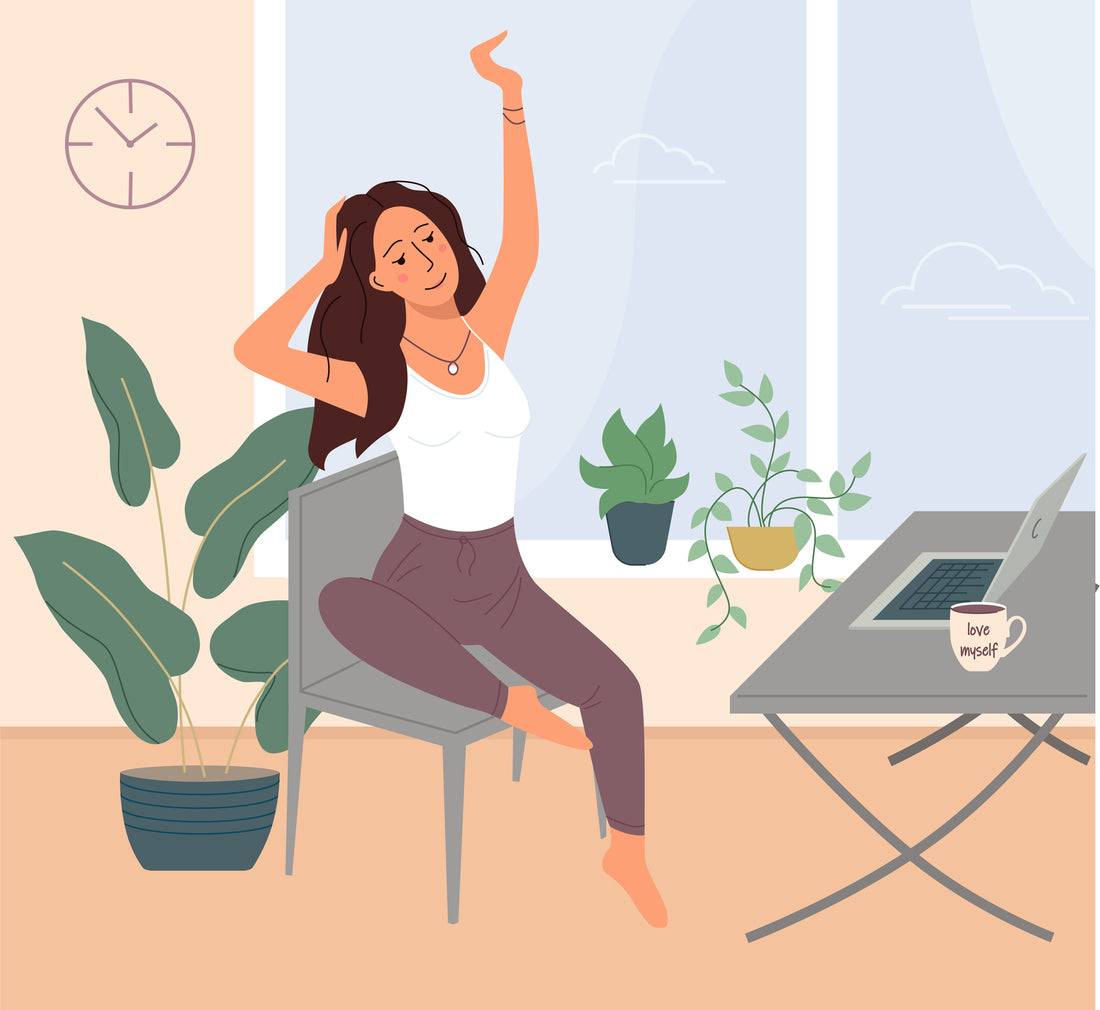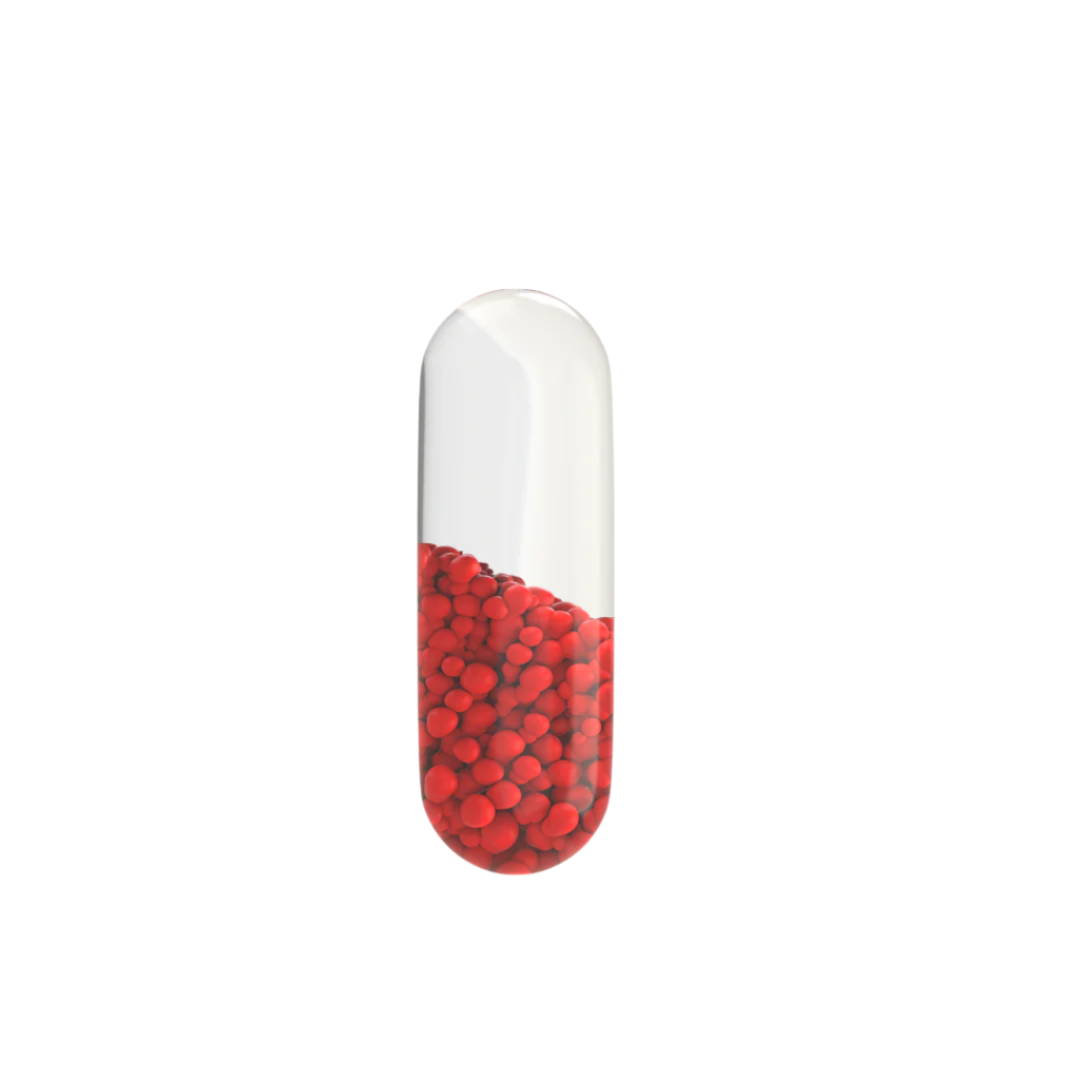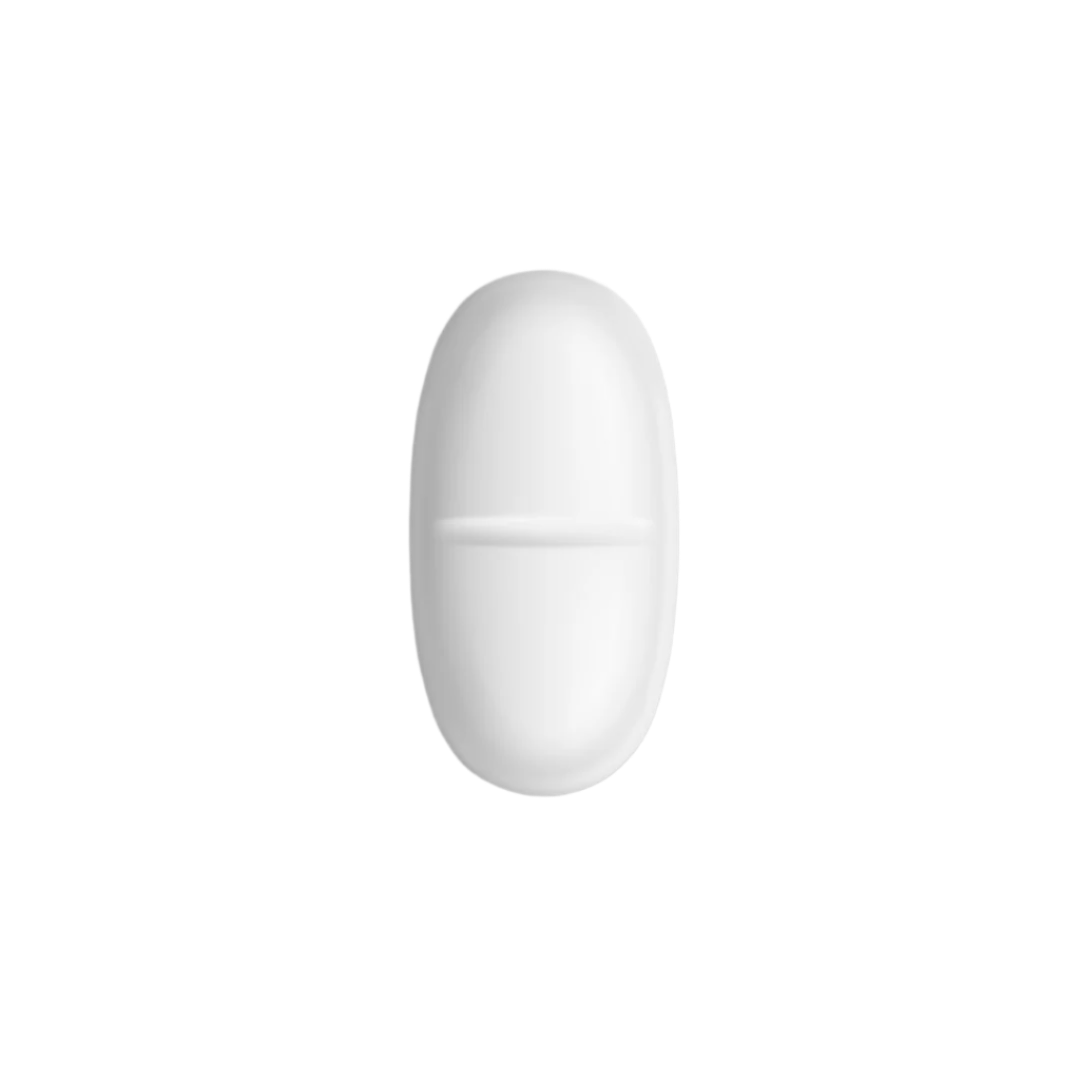Six Ways To Wake Up Without Coffee

Key Points
- Caffeine can become a bad habit and cause insomnia and anxiety; as such, you should try to limit your caffeine intake.
- There are many ways to wake up without coffee, but consistency is the key to all of them. Don’t expect instant results.
- Establishing a good routine and sleep schedule is important as it ensures you get the 7 - 9 hours of sleep which all healthy adults should get.
- To get rid of sleepiness, you can try getting more regular exercise, natural sunlight and a healthy breakfast.
- B・SYNC ON is the first clinically proven wake-up tablet to help you naturally wake up and feel fresh and not reliant on a cup of coffee.
Getting out of bed can be hard. Sometimes you feel like you need that little extra incentive to perk you up when you're just out of bed. It can be extra hard in winter when the days are short, and the cold can make leaving your snug bed look like a bad prospect.
Coffee can help you perk yourself up, ready yourself for a new day and shake off your sleepiness. However, too much coffee can be bad for you due to caffeine's addictive qualities. While the occasional coffee isn't bad, too much caffeine can become a problem.

How To Fight Fatigue Without Caffeine.
It would be best if you tried not to become too reliant on caffeine as it can adversely affect your health. Corti R et al. claim that coffee can impact your nervous system, heart rate and blood pressure [1].
A Nutrition article showed that too much caffeine could cause insomnia, anxiety, headaches and more [2]. Insomnia and anxiety can lead to a bad night's sleep and leave you restless and tired in the morning. According to the National Sleep Foundation, all healthy adults should try to get at least 7 - 9 hours of sleep each day [3].
The EFSA (European Food Safety Authority) advises limiting caffeine intake to 400 mg daily for healthy adults [4]. 400 mg is around 4 - 5 regular cups of coffee a day.
If you're struggling to wake up without a cup of coffee, we've come up with some nifty ideas to help you start your day on the right foot and avoid that caffeine bug. Remember to try each idea for some time and not expect instant results.

Have A Good Breakfast
Breakfast is the perfect way to start your day. The famous saying "Breaking is the most important meal of the day." is true. Even if you're in a rush, you should try to pick up a little something, even if just a yoghurt. Make sure never to skip breakfast, as it can help you wake up and start your day right.
While you're asleep, you've not been eating, so breakfast is important to maintain your blood sugar levels. It would be best if you tried to avoid eating heavy breakfasts as they can make you feel cumbersome. Eating at the same time each day can help you form a routine that can help your body naturally wake up.
What Sort Of Foods Will Help You Wake Up
It would help if you tried to incorporate low-glycemic foods into your breakfast. These are foods such as healthy fats and lean sources of protein. Try to create a mix of carbohydrates, fruits and proteins for your breakfast. High-fibre foods can help boost your energy and avoid an energy slump. Leafy veggies are a great addition to breakfast as they boost your vitamin B intake. Vitamin B is vital to the cell's energy-making process, and eating high-vitamin B foods can make you feel more energetic.
You can always try lighter breakfast options if you don't have enough time for a full meal. Low-fat greek yoghurts are another good idea, as they are easy to eat and contain nutrients that can energise you.
A glass of orange juice in the morning can be a great quick addition to your routine. It's high in natural sugar, and its orange colour can stimulate your focus and concentration and increase your energy. Other fruits like Apples can be a great, healthy way to give you a natural burst of energy.

Get Some Exercise
Regular exercise can help you combat your sleepiness. Exercise allows you to boost your heart rate and start livening up. The Hopkins Centre claims that ideally, you should get 30 - 40 minutes of aerobic exercise 3 - 4 days a week [5].
Regular exercise can help you regulate your circadian rhythm, often called your internal body clock, which controls your body temperature, heart rate and hormone release schedule. Your circadian rhythm helps your body understand when it should sleep and wake up. Regular exercise can help combat sleep disorders like insomnia and improve sleep quality.
It doesn't have to be an intense workout. Suppose you don't feel like building up a sweat. In that case, you can always go on a quick re-energising walk which can trigger a chemical named norepinephrine which scientists at the California Institute of Technology claim can make you feel more awake and alert.
Another low-energy exercise idea could be doing some yoga outside after waking up. Yoga can wake your body, make you feel better, and improve internal circulation. Even a little exercise, like star jumps, can help you combat tiredness and start the day right.
Exercising outside is a great way to combat tiredness, as the Mayo Clinic say it can make your body release endorphins [6]. Endorphins can relieve pain and stress and make you feel better. Try to get around 30 minutes of natural sunlight each day; this can leave you feeling better and more lively [7]. Getting some sun can also help regulate your sleep-wake cycle and circadian rhythm.
Take B・SYNC ON
One of the most innovative ways that you can try to start waking up without needing a cup of coffee is by taking B・SYNC ON. B・SYNC ON is a tablet that allows you to wake up naturally and not rely on caffeine. Coffee is a jolt to your system and can leave you feeling a bit disoriented.
B・SYNC ON will ensure you always wake up feeling fresh and happy. B・SYNC ON is the first clinically proven wake-up tablet. All you have to do is take the tablet before you go to sleep, and then around 7 hours later, it will start to release energising nutrients, which will wake you up naturally and gently. This calm, gentle wake-up will invigorate you and help you start your day right.
Try taking these tablets regularly in sync with your circadian rhythm to experience the max potential of these tablets. These tablets can become part of your routine which can help you get ready for bed to ensure you get 7 hours of sleep and wake up feeling fresh as soon as you open your eyes.

Stay Hydrated
It may seem obvious, but if you can't shake that tiredness, you might want to ensure you're hydrated. Fatigue is a sign that you are dehydrated, so it might be that what you think is exhaustion is actually your body telling you you need more water. Remember that you've just gone 7+ hours of the day without drinking while asleep; this affects the body, which might be trying to tell you that it needs more water.
The NHS says you should drink around 6 - 8 glasses of fluids each day; they say that water, low-fat milk and sugar-free drinks all count as part of this number. Ensure you stay hydrated and drink enough, or you might feel fatigued. A 2018 study claims that participants with an increased water intake had a lower risk of anxiety [8]. Similarly, a 2014 study showed that participants who drank more water felt happier, regardless of their usual water intake [9].
If you still feel tired after having a refreshing cup of water and quenching your thirst, you can always try having a cold shower or splashing some cold water on your face, which can jolt you out of tiredness.
Wake Up With The Sun
Sleeping with your blinds or curtains open is a nifty trick that can make your body wake up naturally. Going to sleep with an open window allows natural light to slowly seep into your home and gradually wake you up without needing to rely on coffee or an alarm clock. Your body's circadian rhythm sees the light as a signal that it is time to get up, so it will start to prepare your body to wake up. This allows you to rise nice and gently and not be jolted awake.
It also is a great source of melatonin, which can help you have a deeper, better sleep, leaving you feeling more fulfilled and relieved. As the sun rises, your body will gradually lower melatonin production and start to wake you up.
Of course, this isn't always a practical option, as the sun sets later in the summer, which can mean the sun might be down for too little time for you to get the 7 - 9 hours of sleep that your body needs. This is also a problem during winter when the sun rises late, so your body might not naturally wake up at the right time. Keep in mind the sun's rising and setting time before you sleep without curtains or blinds.

Establish A Sleep Schedule
Getting enough sleep is one of the most sure-fire ways to ensure you wake up feeling refreshed. Adults should get between 7 - 9 hours of sleep each night, while teenagers should get between 8 - 10 hours. Developing a schedule will allow you to get enough sleep and wake up feeling fresh without needing a cup of coffee.
You can create a sleep diary and note when you tend to sleep and wake over a week. Calculate how many hours of sleep you're getting each night; if it's under seven, you'll need to alter your sleep pattern. You should develop a morning and evening routine to help you prepare your body for sleep and the day ahead.
Adhering to the schedule is important. It might take some time for the schedule to sink in, but eventually, it will become a normal part of your everyday lifestyle. Consistency is key. Make sure you rise and sleep at the same time each day, even on weekends.
Morning Routine
Developing a Morning routine can help signal your body that it's time to wake up. Small minor things can help you wake up. Reading a newspaper or doing a quick puzzle can stimulate your brain and relieve sleepiness. Other things that can help you wake up include socialising, exercising or listening to upbeat music. All these things require your brain to be active.
Eating the same healthy breakfast can also help signal your brain that it's time to wake up. A routine can help you avoid coffee if you do it consistently enough. It will take time for your body to accept your routine as a signal of waking up, but eventually, your body will acknowledge that doing a puzzle or having breakfast means it's time to wake up.
Evening Routine
Just as a morning routine can prepare you to wake up, an evening routine can help you prepare to sleep. Getting a good night's sleep will leave you feeling less fatigued in the morning, so establishing a consistent evening schedule is important.
Avoid electronics in the evening; have a nice bath or drink some herbal tree instead. Avoid blue light, which can halt your body's melatonin production and stop your body from getting sleepy. Keep your phone out of reach, as it can be tempting to check it out. Avoid potential stress triggers which can overstimulate your brain and make you anxious, which makes it much harder to sleep.
Final thoughts
Caffeine isn't a bad thing, but it can become addictive [10]. It's better to try not to be too reliant on it when waking up. Each of the ideas stated in this article is a good method to help you wake up fresh without coffee. Try each one and see which suits your lifestyle best.
Remember that each option will take some time to have an effect. Be patient yet consistent with whichever option you choose; hopefully, you will find it easier to wake up without a cup of coffee.
FAQs
How do I wake myself up without caffeine at night?
Try getting at least 7 hours of sleep to ensure you wake up feeling fresh and relieved. To wake up at night without using coffee, try eating a healthy breakfast, completing a puzzle or doing some exercise which can stimulate your brain.
Do you really need coffee to wake up?
Caffeine can help you liven up, but it is not the only way to wake up. You can also eat healthy low-glycemic foods, drink water and exercise to wake yourself up. Otherwise, there are tablets like B・SYNC ON, which can naturally wake you up.
What is better than caffeine to wake up?
Many breakfast foods can help you wake up in the morning. Fruits like Apples are filled with natural sugars that can help you wake up. Other good foods for waking up are eggs, grapefruit, oatmeal and Greek yoghurt.
References
- https://pubmed.ncbi.nlm.nih.gov/12460875/
- https://www.sciencedirect.com/science/article/abs/pii/S0899900716300454?via%3Dihub
- https://pubmed.ncbi.nlm.nih.gov/29073412/
- https://www.efsa.europa.eu/sites/default/files/corporate_publications/files/efsaexplainscaffeine150527.pdf
- https://www.hopkinsmedicine.org/health/wellness-and-prevention/exercising-for-better-sleep
- https://elifesciences.org/articles/07000
- http://www.mayoclinic.org/healthy-lifestyle/stress-management/in-depth/art-2004446
- https://www.verywellhealth.com/morning-sunlight-exposure-3973908
- https://www.ncbi.nlm.nih.gov/pmc/articles/PMC6147771/
- https://www.ncbi.nlm.nih.gov/pmc/articles/PMC3984246/
- https://www.addictioncenter.com/stimulants/caffeine/







